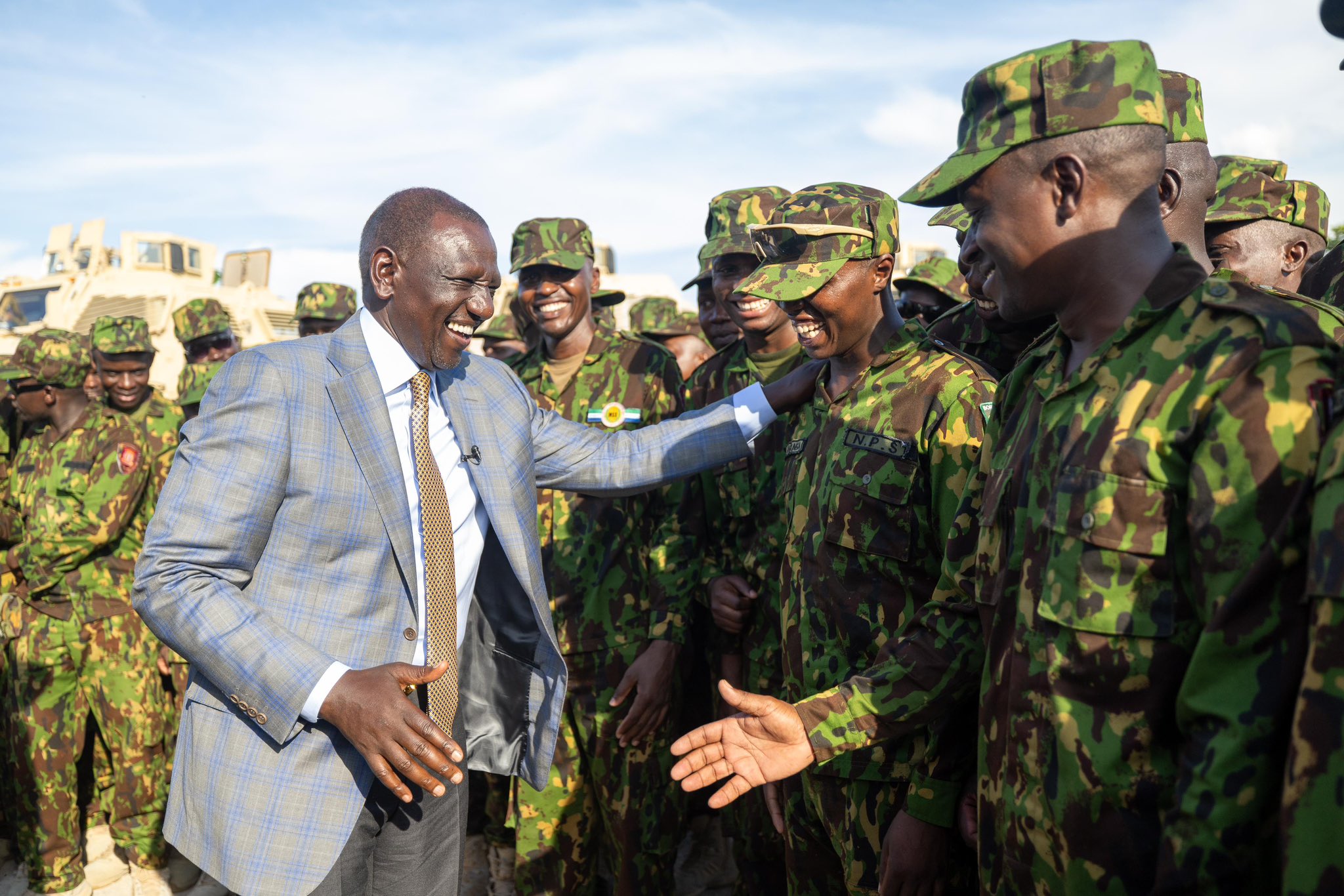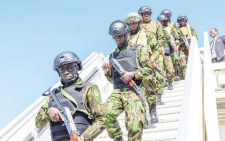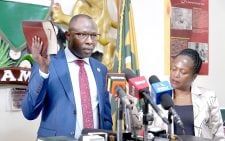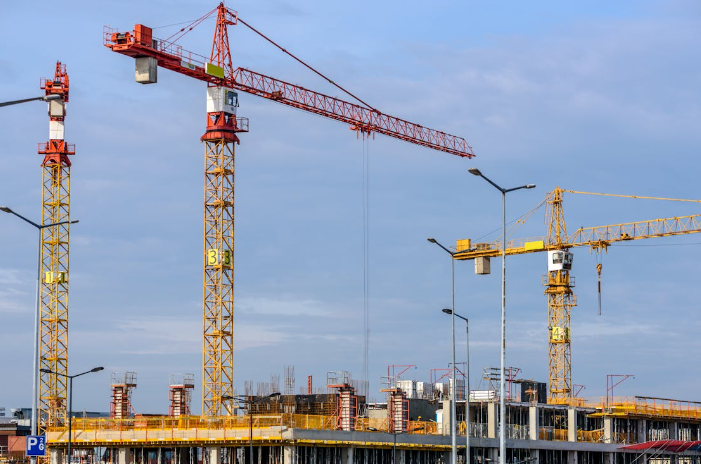‘Kenya will deploy additional contingent to attain 2,500 police officers by January 2024’ – Ruto promises on Haiti mission
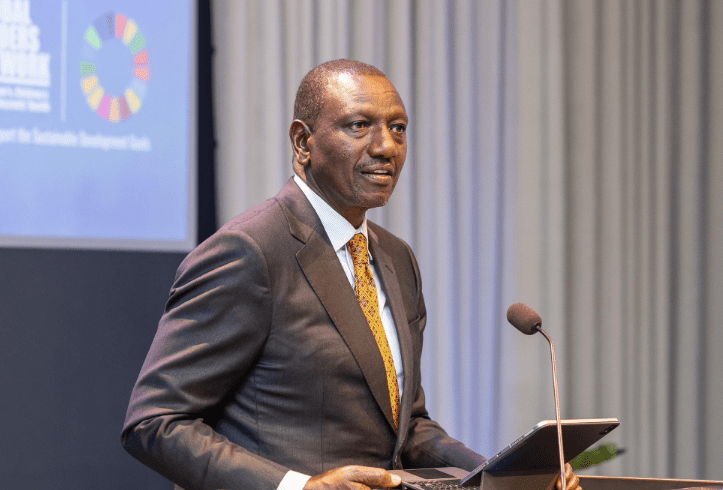
President William Ruto has promised to deploy more police officers to the Multinational Security Support Mission (MSS) to Haiti.
Addressing the 79th session of the United Nations General Assembly (UNGA) on Thursday, September 26, 2024, the current deployment has significantly advanced the pacification of cities and towns, protected critical infrastructure, and relieved many communities previously held captive by criminal gangs.
“At the last General Assembly, I announced Kenya’s readiness to lead a Multinational Security Support Mission (MSS) to Haiti at the Haitian government’s request. Following the Security Council’s authorisation under resolution 2699, Kenya has deployed 382 specially trained police officers. Just a few days ago, I had the opportunity to visit Haiti, witness the work of our officers in the field, and observe their remarkable progress,” Ruto stated.
“Our support for the Haitian National Police has significantly advanced the pacification of cities and towns, protected critical infrastructure, and relieved many communities previously held captive by criminal gangs. I also commend Haiti’s political leadership for forging an agreement and a promising roadmap towards free, fair, and democratic elections.”
According to Ruto, further deployment to the mission is hindered by insufficient equipment and funding, which he called for UN member states to chip in and help.
“We are deeply grateful for the financial and logistical support from the US, Canada and other member states that are shouldering the burden. This has been critical to the MSS deployment thus far. However, Kenya and other Caribbean and African countries are ready to deploy but are hindered by insufficient equipment and funding. I appeal to all member states to stand in solidarity with the people of Haiti by providing necessary support, either directly to MSS-contributing countries or through the UN Trust Fund,” he added.
“I must emphasise, however, that Kenya will deploy the additional contingent towards attaining the target of all 2500 police officers by January next year. The progress so far made in Haiti demonstrates that what was once deemed mission impossible is indeed a present and undeniable reality.”
Ruto faults UN Security Council
Ruto has also faulted the existing structure of the UN Security Council, which he termed as dysfunctional, undemocratic, non-inclusive, unaccountable, autocratic, and opaque. This, Ruto says, is due to the exclusion of the 54 African countries and allowing one nation to veto decisions on other countries.
“The existing international security architecture, represented by the UN Security Council, continues to hamper efforts to maintain international peace and security. The Council is dysfunctional, undemocratic, non-inclusive, unaccountable, autocratic, and opaque. An institution that excludes 54 African countries, representing 1.4 billion people, while allowing one nation to veto the decisions of the remaining 193 member states is unacceptable. We must urgently seek to make the Security Council truly representative, inclusive, transparent, effective, and accountable,” he added.
Ruto has also faulted the world’s powerful nations for using unilateralism and militarisation over dialogue and diplomacy in solving conflicts.
In his address, Ruto stated that a resurgence of a nuclear arms race and intensifying geopolitical rivalries and tensions have made the possibility of catastrophic nuclear warfare a real possibility.
“Regrettably, the world’s most powerful states have increasingly chosen unilateralism and militarisation over dialogue and diplomacy. As a consequence, the capacity of our multilateral institutions to maintain and enforce peace, even in national crises with significant regional impacts, is severely undermined,” he added.
“Even worse, a resurgence of a nuclear arms race, buoyed by the intensifying geopolitical rivalries and tensions, has made the possibility of catastrophic nuclear warfare a real possibility. Our vision of a world free from nuclear weapons and other weapons of mass destruction is dying incrementally.”
